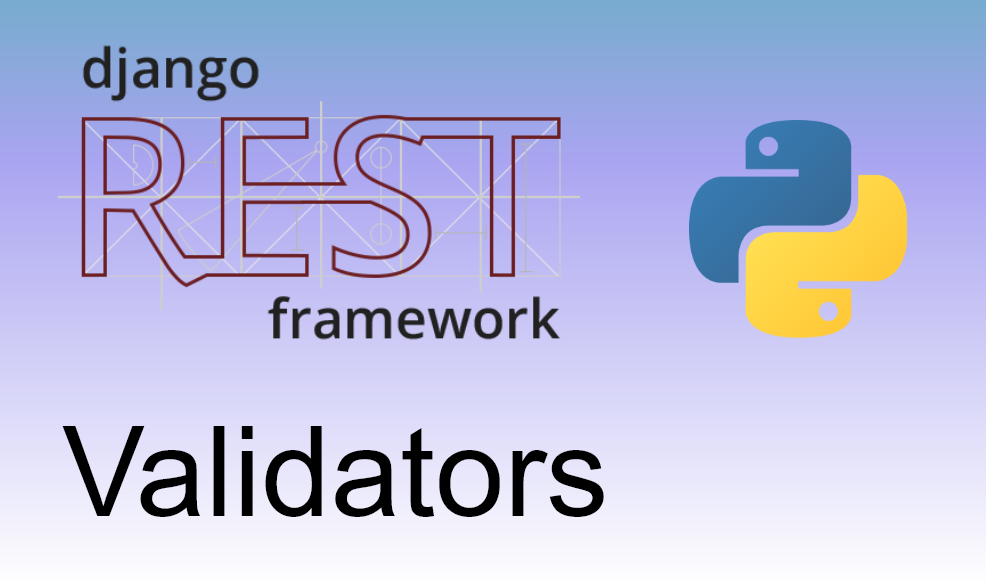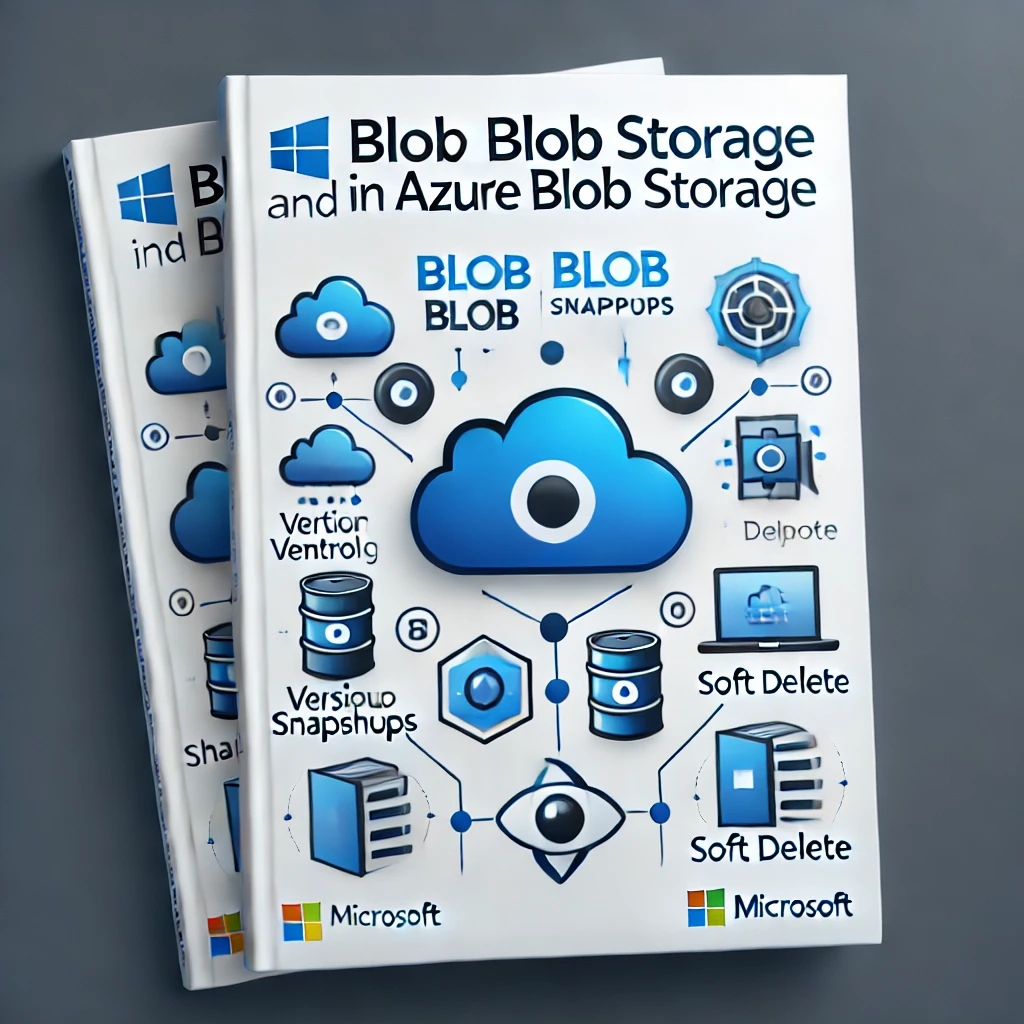Lets make the model for customer report record
1
2
3
4
5
6
7
from django.utils import timezone
from django.db import models
class CustomerReportRecord ( models . Model ):
time_raised = models . DateTimeField ( default = timezone . now , editable = False )
reference = models . CharField ( unique = True , max_length = 20 )
description = models . TextField ()
Now let’s make the model serializer for validation
1
2
3
4
5
6
7
from rest_framework import serializers
from .models import CustomerReportRecord
class CustomerReportSerializer ( serializers . ModelSerializer ):
class Meta :
model = CustomerReportRecord
fields = "**all**"
Representation of CustomerReportSerializer
1
2
3
4
5
6
7
8
> > > from app.serializers import CustomerReportSerializer
> > > CustomerReportSerializer ()
> > > CustomerReportSerializer ():
id = IntegerField ( label = 'ID' , read_only = True )
time_raised = DateTimeField ( read_only = True )
reference = CharField ( max_length = 20 , validators = [ < UniqueValidator ( queryset = CustomerReportRecord . objects . all ()) > ])
description = CharField ( style = { 'base_template' : 'textarea.html' })
The unique = true Unique Validator
Lets make model again without any validation
1
2
3
4
5
6
7
from django.utils import timezone
from django.db import models
class CustomerReportRecord ( models . Model ):
time_raised = models . DateTimeField ( default = timezone . now , editable = False )
reference = models . CharField ( max_length = 20 )
description = models . TextField ()
Now there is no any validation written on model. But we will get same behaviour and representation by over riding the serializer.
1
2
3
4
5
6
7
8
9
10
from rest_framework import serializers
from rest_framework.validators import UniqueValidator
from .models import CustomerReportRecord
class CustomerReportSerializer ( serializers . ModelSerializer ):
reference = serializers . CharField ( max_length = 20 , validators = [ UniqueValidator ( queryset = CustomerReportRecord . objects . all ())])
class Meta :
model = CustomerReportRecord
fields = "__all__"
Here the definition of reference UniqueValidator
1
2
3
4
5
6
7
8
> > > from app.serializers import CustomerReportSerializer
> > > CustomerReportSerializer ()
> > > CustomerReportSerializer ():
id = IntegerField ( label = 'ID' , read_only = True )
reference = CharField ( max_length = 20 , validators = [ < UniqueValidator ( queryset =< QuerySet [] > ) > ])
time_raised = DateTimeField ( read_only = True )
description = CharField ( style = { 'base_template' : 'textarea.html' })
On top of that, custom message can be set on validation error. The unique validator accepts message “This field must be unique.”
Every validation can be written without using model let’s impose unique together only using serializer.Normally we write unique_together = True
1
2
3
4
5
6
7
8
9
10
11
from django.utils import timezone
from django.db import models
class CustomerReportRecord ( models . Model ):
time_raised = models . DateTimeField ( default = timezone . now , editable = False )
reference = models . CharField ( max_length = 20 )
description = models . TextField ()
class Meta :
unique_together = [ 'reference' , 'description' ]
1
2
3
4
5
6
7
8
9
>>> from app.serializers import CustomerReportSerializer
>>> CustomerReportSerializer ()
CustomerReportSerializer ():
id = IntegerField ( label = 'ID' , read_only = True )
reference = CharField ( max_length = 20 , validators = [ < UniqueValidator ( queryset =< QuerySet [] > ) > ])
time_raised = DateTimeField ( read_only = True )
description = CharField ( required = True , style = { 'base_template' : 'textarea.html' })
class Meta :
validators = [ < UniqueTogetherValidator ( queryset = CustomerReportRecord . objects . all (), fields = ( 'reference' , 'description' )) > ]
Now lets use only serializer to obtain unique together validation
1
2
3
4
5
6
7
8
9
10
11
12
13
from rest_framework import serializers
from rest_framework.validators import UniqueValidator , UniqueTogetherValidator
from .models import CustomerReportRecord
class CustomerReportSerializer ( serializers . ModelSerializer ):
reference = serializers . CharField ( max_length = 20 , validators = [ UniqueValidator ( queryset = CustomerReportRecord . objects . all ())])
class Meta :
model = CustomerReportRecord
fields = "__all__"
validators = [ UniqueTogetherValidator ( queryset = CustomerReportRecord . objects . all (), fields = ( 'reference' ,
'description' ))]
1
2
3
4
5
6
7
8
9
>>> from app.serializers import CustomerReportSerializer
>>> CustomerReportSerializer ()
CustomerReportSerializer ():
id = IntegerField ( label = 'ID' , read_only = True )
reference = CharField ( max_length = 20 , validators = [ < UniqueValidator ( queryset =< QuerySet [] > ) > ])
time_raised = DateTimeField ( read_only = True )
description = CharField ( style = { 'base_template' : 'textarea.html' })
class Meta :
validators = [ < UniqueTogetherValidator ( queryset =< QuerySet [] > , fields = ( 'reference' , 'description' )) > ]
1
2
3
4
5
6
7
8
from django.utils import timezone
from django.db import models
class CustomerReportRecord ( models . Model ):
time_raised = models . DateTimeField ( default = timezone . now , editable = False )
reference = models . CharField ( max_length = 20 )
description = models . TextField ()
 Validation in REST framework is entirely performed on serializer class. There are no any hidden behavior on model instance. All of the validation rule can be exactly seen by printing the representation of serializer.
Validation in REST framework is entirely performed on serializer class. There are no any hidden behavior on model instance. All of the validation rule can be exactly seen by printing the representation of serializer.




Leave a comment